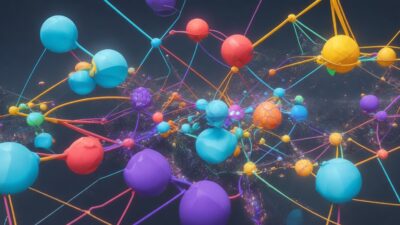Leveraging Quantum Computers in Scientific Research: A Revolution in the World of Science

The emergence of the first working prototypes of quantum computers signaled a new era of scientific exploration. With a fundamentally new approach to data processing, quantum machines present opportunities for computations inaccessible to traditional computers, even the most powerful ones.
Quantum Computers: What Are They?
Quantum computers leverage the principles of quantum mechanics for data processing. Unlike bits in classical computers, which can be either 0 or 1, quantum bits, or qubits, can be in a state of superposition, enabling simultaneous computations.
The Use of Quantum Computers in Science
New horizons are opening up for all fields of science requiring complex and voluminous calculations. Here are a few examples:
- Chemistry and Material Science. Quantum computers can model molecular interactions at the quantum level, something unattainable with a classical computer. This could assist in the creation of new materials and drugs.
- Climatology. Climate prediction is a complex task that requires analyzing vast amounts of data. Quantum computers can accelerate this process.
- Astrophysics. Quantum computers can aid in the exploration of dark matter and dark energy, as well as other complex astrophysical computations.
Conclusions
Quantum computers open up new possibilities for scientific research. They offer solutions to complex computational challenges that classical computers can’t handle and could significantly accelerate progress in various scientific fields. However, for the broad implementation of quantum computers in science, there are several technical challenges related to their development and operation that need to be resolved.




